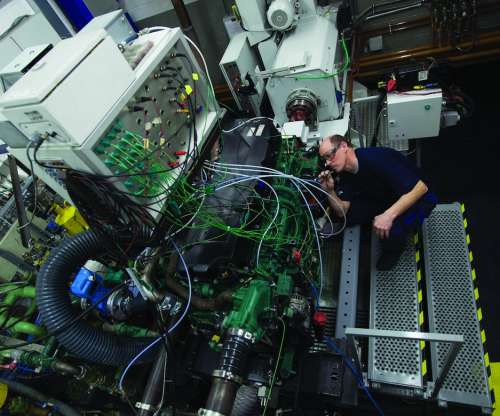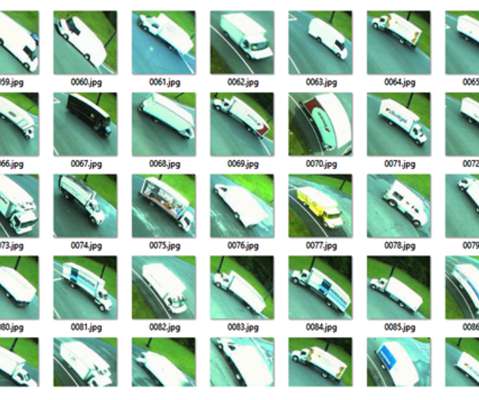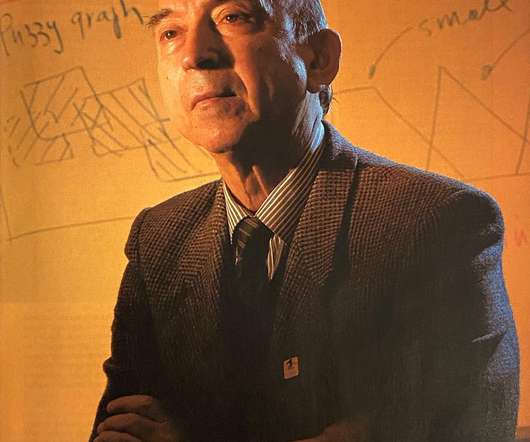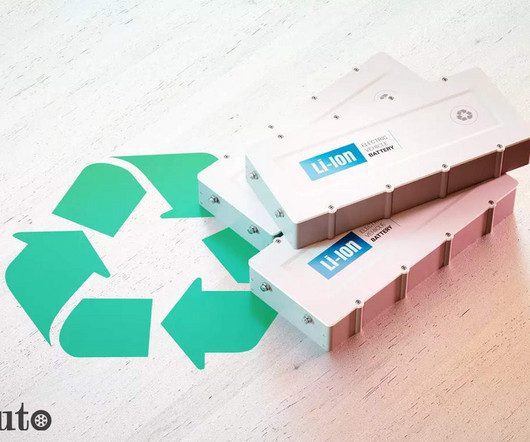Hyundai Motor Group partners with Sudokwon Landfill on green hydrogen
Green Car Congress
SEPTEMBER 1, 2023
Fermentation of food waste produces biogas, primarily methane. The resource-circulating hydrogen production technology is gaining attention for generating renewable energy sources from waste materials, embodying the ‘waste-to-energy’ concept of hydrogen production.






































Let's personalize your content